- FAMA
- Researchers
-
Projects
- MESPI
- Knowledge Production Project >
-
Political Economy Project
>
- Development and the Uprisings
- Class Formations and Dynamics
- The Palestinian Economy: Fragmentation and Colonization
- Tunisia: A Political Economy in Transition
- Migrant States, Mobile Economies: Rethinking the Political in Contemporary Turkey
- Political Economy of the Middle East: Continuities & Discontinuities in Teaching & Research
- 2016 Political Economy Institute
- The Lebanon Project >
- The Palestine Project >
- The Civil Society Project >
- Middle East Media Project >
- The Egypt Project >
- Refugees and Migrants Project >
- Black-Palestinian Transnational Solidarities Project
- Initiatives
- Events
- Summer Institutes
- Internships
- Blog
|
November 26, 2013 @ 4:30pm
Planetary Hall, Room 129 George Mason University Fairfax, Virginia Presented by the Arab Studies Institute (ASI), Tadween Publishing, and George Mason University's Middle East Studies Program and Center for Global Islamic Studies Featuring... Bassam Haddad and Adel Iskander From “Facebook revolutions” to “Al-Jazeera uprisings,” the outburst of popular activism across the Arab world has either been attributed to the media, drawn up by the media, observed through the media, or decontextualized by the media. Bloggers become icons, self-proclaimed experts become interpreters of unfolding events, stereotypes are cultivated, and autocratic regimes continue to subdue freedom of the press. The uprisings have become the most compelling media stories in recent memory. With so much at stake, the burden of relaying human narratives accurately and responsibly is a burden on all journalistic establishments worldwide. In a unique collection of essays that covers the expanse of the Arab popular protest movements, Mediating the Arab Uprisings leaves no stone unturned by offering spirited contributions that elucidate the remarkable variation and context behind the fourth estate’s engagement with these mass protests. While the public debate about the coverage of the Arab uprisings remain effervescent and polarizing, the essays in this volume go beyond the cursory discussion to historicize media practice, unsettle pre-existing suppositions about the uprisings, puncture the pomposity of self-righteous expertise on the region, and shatter the naiveté that underlies the reporting of the uprisings. The volume includes essays on the tribulations of covering Syria, the contextualization and demythologizing of Facebook activism, the New York Times’ reporting rituals on Palestine, the tumult of Egypt’s media post-Mubarak, the ominous omnipresence of perennial media darling Fouad Ajami, the faltering of Al-Jazeera Arabic in the wake of the uprisings, the gendered sexuality of reporting Egypt, and journalism’s damning failure on Iraq. The first volume of its kind on this pressing topic, Mediating the Arab Uprisings is a primer for the curious reader, a pedagogical tool for media studies and communication, and a provocative collection for the seasoned scholar. The authors discussed the book and the topic in the public lecture.
0 Comments
November 21, 2013 @ 2:45pm
Johnson Center, Room C George Mason University Fairfax, Virginia Presented by the Arab Studies Institute (ASI) and the George Mason University Middle East Studies Program, the Center for Global Studies and the Center for Global Islamic Studies Featuring... Jo-Marie Burt, Eric McGlinchey, Ming Wan, Bassam Haddad and David Wilsford For too long there has been some tension between area studies and the discipline of political science. This panel included five scholars of comparative politics and political science, addressing areas studies in Latin America, Central Asia, Middle East and East Asia. The panelists addressed issues including the "ghettoization" of area studies, the tension between methods used/favored in both realms, the question of publications (peer-reviewed journals) and bias, the history and development of area studies, and future prospects for the troubled relationship. The reasons for the troubled relationship are many but not always compelling. November 20, 2013 @ 3:00pm
Johnson Center, Room A George Mason University Fairfax, Virginia Presented by the Arab Studies Institute (ASI) and The George Mason University Middle East Studies Program, Center for Global Islamic Studies and Global Interdisciplinary Programs Featuring... Lisa Hajjar Two high-profile cases being prosecuted in the military commissions at Guantanamo raise exceptionally challenging problems for the US government and the civilian and military lawyers defending the suspects. One case involves five people, including Khalid Sheikh Mohammed who are accused of responsibility for the 9/11 terrorist attacks. The second case is against Abdul Rahim al-Nashiri, who is accused of participating in the bombing of the USS Cole off the coast of Yemen in 2000. All six men were held for years in CIA black sites and subjected to the harshest interrogation tactics authorized by the Bush Administration. One of the most confounding issues in these trials is whether the government can classify the defendants' own memories of their treatment at the hands of the CIA. Probing into this issue as it is playing out in the commissions is a means of analyzing the relationship and contradictions among three larger issues -- torture, secrecy, and governmental unaccountability -- and the looming question of what "justice" can mean under these circumstances. November 19, 2013 @ 3:00pm
Johnson Center, Room A George Mason University Fairfax, Virginia Presented by the Arab Studies Institute (ASI), Middle East Studies Program at George Mason University Featuring... Suniana Maira Suniana Maira discussed her new book, Jil Oslo: Palestinian Hip Hop, Youth Culture, and the Youth Movement. Based on ethnographic research in Palestine, primarily during the Arab revolutions, the book explores the intersections between new youth cultures and protest politics among Palestinians youth in the West Bank and Israel. It focuses on Palestinian hip hop and the youth movement that emerged in 2011 as two overlapping sites where new cultural and political imaginaries are being produced in the Oslo generation. Challenging the boundaries of the Oslo framework of national politics and cultural expression, these young artists and activists are rethinking and reviving the possibility of a decolonial present. November 19, 2013 @ 7:15pm
Johnson Center, Room A George Mason University Fairfax, Virginia Presented by the Arab Studies Institute (ASI), George Mason University Middle East Studies Program & Middle East Etc., Film Club Driven by powerful performance, The Battle of Algiers is a complex, award-winning landmark in film history that was initially banned by the French Government for its exploration of the Algerian struggle to gain independence from French Colonialism. Sex, Secularism and Sectarianism: The Legal Architecture of Citizenship in Contemporary Lebanon11/14/2013 November 14, 2013 @ 12:00pm
Mason Hall, Edwin Meese Room George Mason University Fairfax, Virginia Presented by the Arab Studies Institute (ASI) and the Ali Vural Ak Center for Global Islamic Studies Featuring.... Maya Mikdashi This lecture critically examined the legal architecture of Lebanese citizenship through the practice of strategic conversion, or religious conversion undertaken in order to make use of different aspects of the legal system. Mikdashi illustrated the process of strategic conversion by comparing it to that of correcting one's sex in the census registry, an act that also changes the network of laws that applies to a citizen. Through ethnographic and archival research on these practices of strategic conversion and the legal "correction" of sex by transsexual citizens, Mikdashi questioned what effect the legal and bureaucratic transformation of madhhab or sex has on the identification and or/recognition of a citizen's sect or gender. While madhhab is the category through which the Lebanese state recognizes the personal status pertaining to each citizen, sect is a more multivalent and dense category that is recognized by the use of various technologies. What are the mechanisms through which these identities of madhhab, sect, sex and gender are recognized and practiced? In what ways are Lebanese citizens acting within and towards the law and how do these actions help to redefine their identity as always in relation others? What work does the disarticulation of the madhhab and sect do, and how might this disarticulation inform scholarship on citizenship in Lebanon, the contemporary Middle East, and beyond? Maya Mikdashi is a sociocultural anthropologist and Co-Director of the documentary film About Baghdad. She is currently a Faculty Fellow and Director of Graduate Studies at the NYU Kevorkian Center for Near Eastern Studies. She is Co-Founder/Editor of JadaliyyaEzine. November 14, 2013 @ 4:30pm
Johnson Center, Room A George Mason University Fairfax, Virginia Presented by the Arab Studies Institute (ASI) and the George Mason University Department of Public and International Affairs, and Graduate Political Science Society Featuring... Bassam Haddad All the other Arab uprisings are complex, but the Syrian case is endowed with added complexity because it is at the heart of various historical struggles in the region and beyond. As such, the Syrian uprising becomes a local, regional, and an international affair. The speaker addressed the causes and dynamics of the Syrian uprising by examining state and society, the domestic and external opposition, the Islamicization of major parts of the opposition, the humanitarian/refugee crisis, and the international context. |
Forum on Muslim and Arab AffairsFAMA is the research arm of the Arab Studies Institute. Archives
June 2017
Categories |
- FAMA
- Researchers
-
Projects
- MESPI
- Knowledge Production Project >
-
Political Economy Project
>
- Development and the Uprisings
- Class Formations and Dynamics
- The Palestinian Economy: Fragmentation and Colonization
- Tunisia: A Political Economy in Transition
- Migrant States, Mobile Economies: Rethinking the Political in Contemporary Turkey
- Political Economy of the Middle East: Continuities & Discontinuities in Teaching & Research
- 2016 Political Economy Institute
- The Lebanon Project >
- The Palestine Project >
- The Civil Society Project >
- Middle East Media Project >
- The Egypt Project >
- Refugees and Migrants Project >
- Black-Palestinian Transnational Solidarities Project
- Initiatives
- Events
- Summer Institutes
- Internships
- Blog

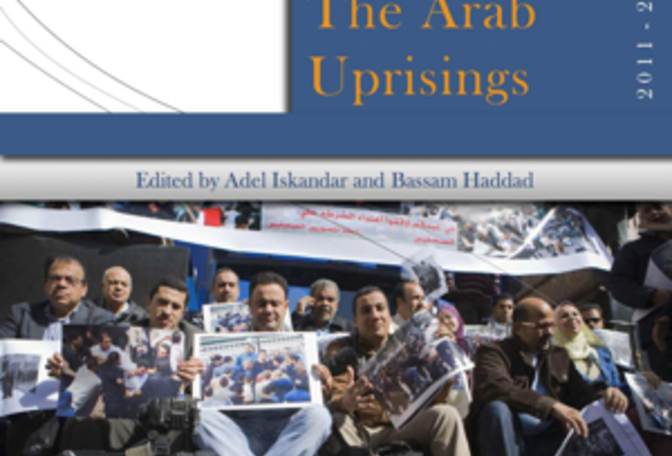
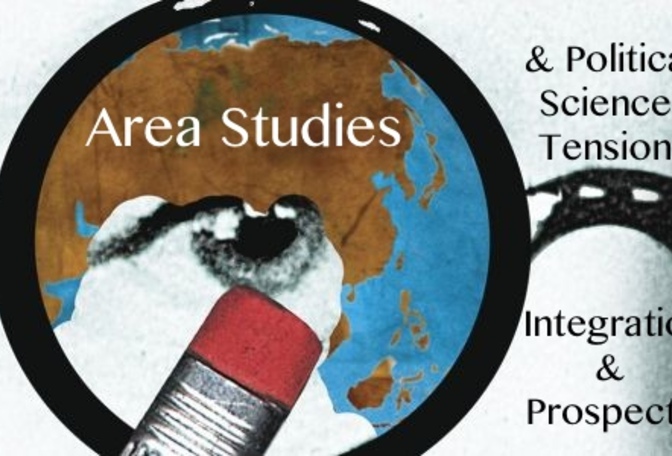
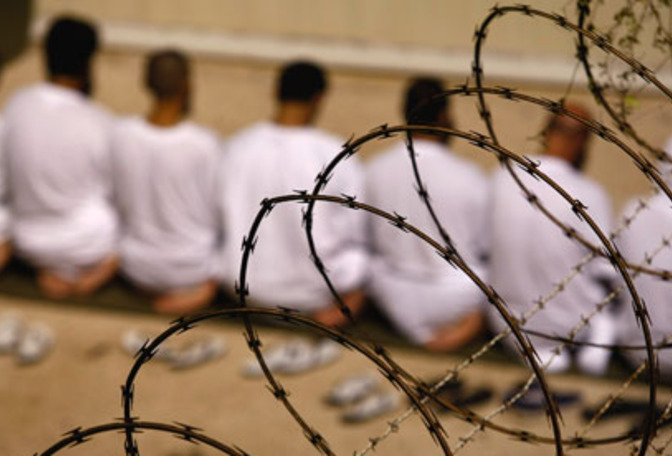
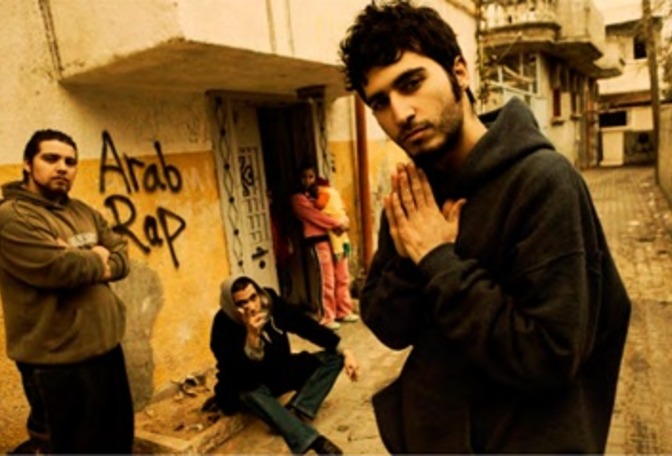
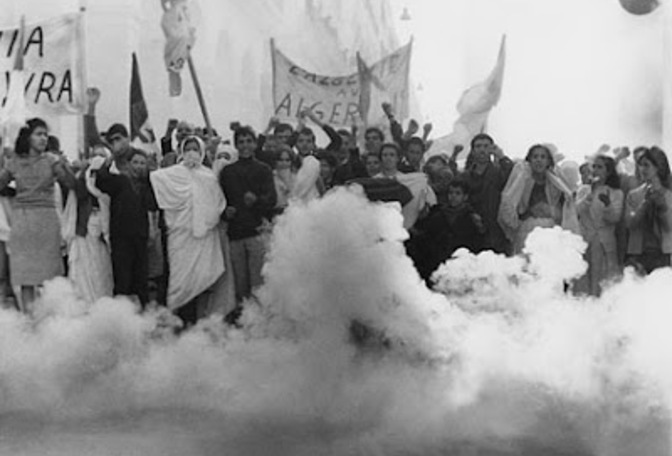
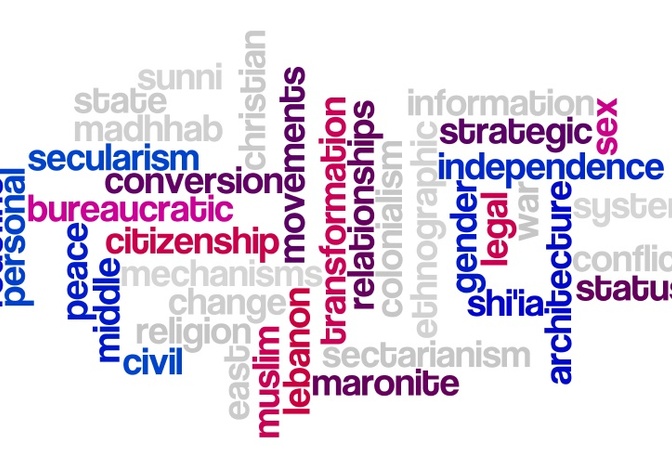
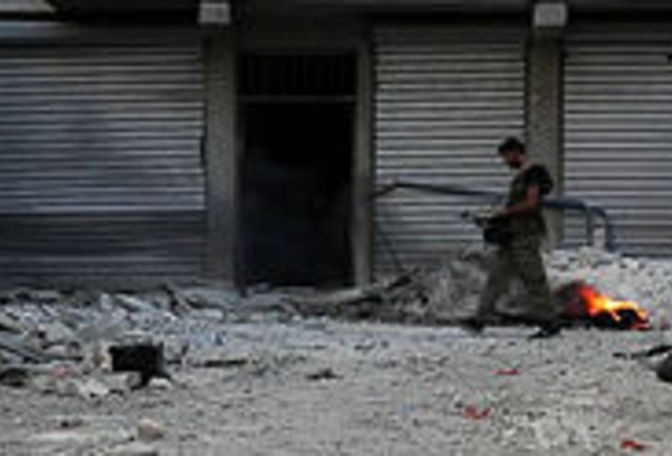
 RSS Feed
RSS Feed
